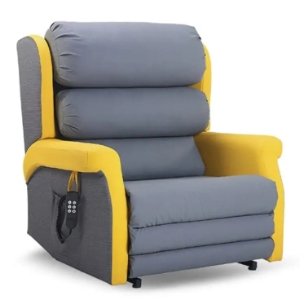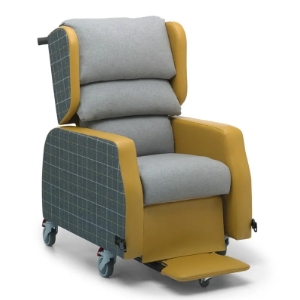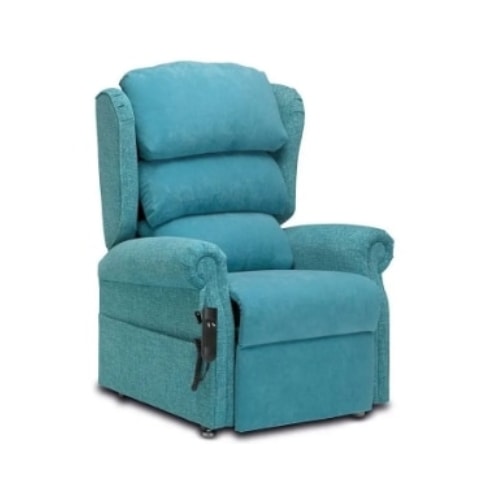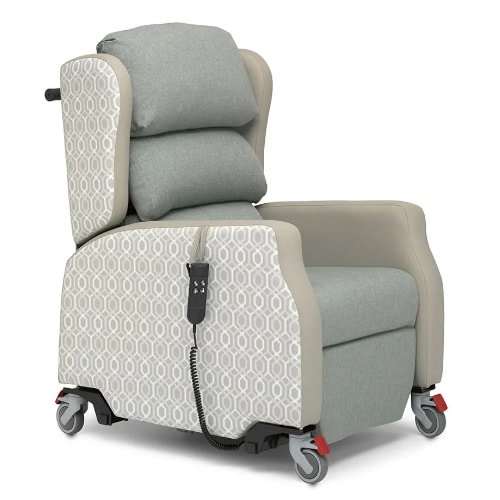Mobility Issues: 3 Ways to Stay Active and Overcome Them
Looking For the Right Solution for Mobility Issues? Get In Touch
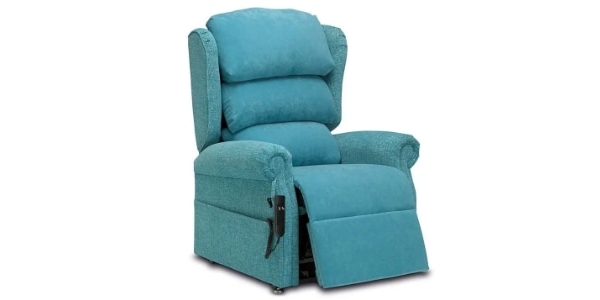
Mobility issues can add an additional degree of difficulty to life. Basic tasks can become obstacles. However, time and effort still need to be made to manage them, otherwise, they can get significantly worse. Here, we’re going to look at three primary tools that can help you overcome the mobility issues that affect you.
Types Of Exercises You Can Do with Limited Mobility
When it comes to exercises for limited mobility, you must always layout exercise routines that take into account your symptoms and vulnerabilities. Low-impact exercises tend to be particularly helpful, as they reduce stress on the parts of the body most often affected by mobility issues, such as the back and joints. Here are some exercises for limited mobility you might consider.
Cardiovascular Exercises
Running, jogging, tennis, and cycling are examples of good cardio exercises, which raise your heart rate, improve heart function, as well as burn excess energy. For people with limited mobility, you might want to consider options such as using an exercise bike, swimming, or water aerobics. Exercising in water to the best of your ability can help as the water supports your body and reduces muscle and joint pain.
Strength Training Exercises
Strength training exercises can be just as vital to make sure that your body does not lose muscle mass as a result of mobility issues. Options such as resistance bands allow you to strengthen muscles without any need for weight-lifting machines. It’s recommended that you focus on the areas of the body that aren’t as limited. So, if you have limited mobility in your legs, you want to build strength in your upper body to help compensate.
Flexibility Exercises
While strength training exercises may be better suited to those parts of the body that you’re likely to use more of thanks to mobility issues, flexibility exercises can help you target those areas that are affected by reduced mobility.
Stretching exercises and yoga can prevent further muscle atrophy in these areas, but can also increase your range of motion across the entire body, as well as reduce your risk of injury, in general.
Stay Active at Home
A lot of people with mobility issues in the elderly, in particular, might spend a lot of their time indoors. It’s important that not all of this time is spent sitting in one place. Taking the time to move around the home, via wheelchair or by using things like walking aids, can help you make sure that you stay somewhat active. You can also find exercise methods such as resistance bands and yoga exercises that you can do at home. You don’t need a gym to stay active.
Utilise Mobility Devices
There’s a wide variety of mobility aids that can help you get up and get active, even if you have limited mobility. Walking sticks come in different heights, with varying levels of support, for instance, which can help you walk easier. The same is true for walking frames, which can come with or without wheels depending on where you can go. Some of them come with seats, baskets or trays to make them more convenient to use in everyday life, too.
Healthcare Chairs
Wheelchairs are often recommended for aiding mobility for elderly people. However, you should also consider healthcare recliner chairs. These chairs are seats that can help you reduce strain on your body thanks to the rise and recline features, as well as different seating positions that can help you manage your weight and posture more effectively. They are designed to aid those with mobility issues, so they’re worth taking a closer look at.
Could A Healthcare Chair Work for You? Read Our Guide to Find Out
Would healthcare chairs work for you? Find out by checking out our guide here.
Alternatively, you can find out more about healthcare chairs and how they can benefit you by contacting a member of our friendly team today on +44 (0)1384 567401 or by emailing us at info@reposefurniture.com. You can also get in touch with a member of our highly skilled team by using our simple contact form below. We look forward to hearing from you.
